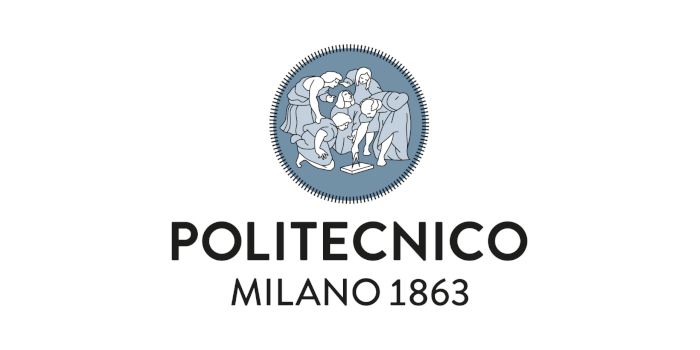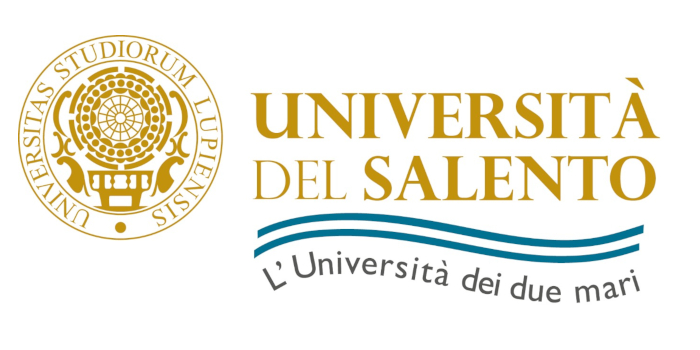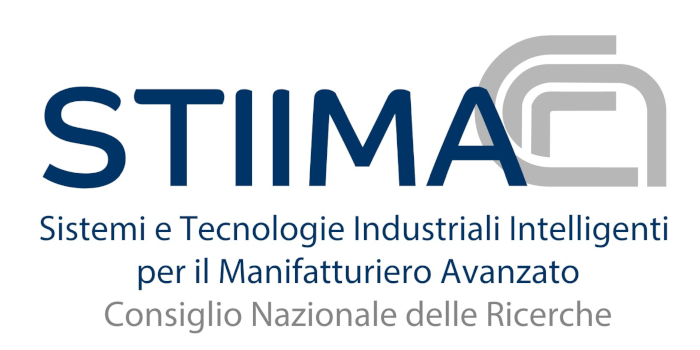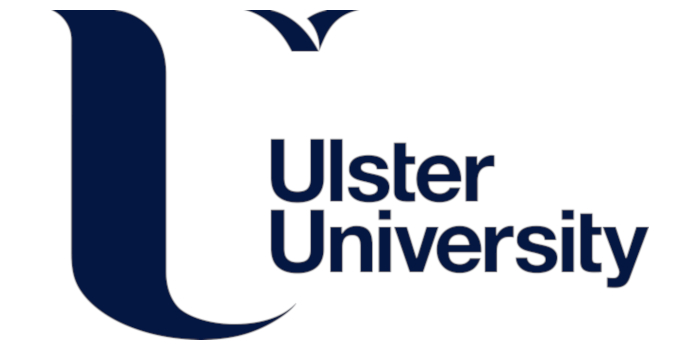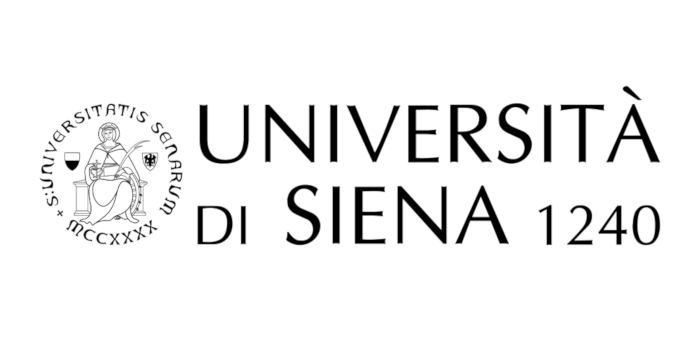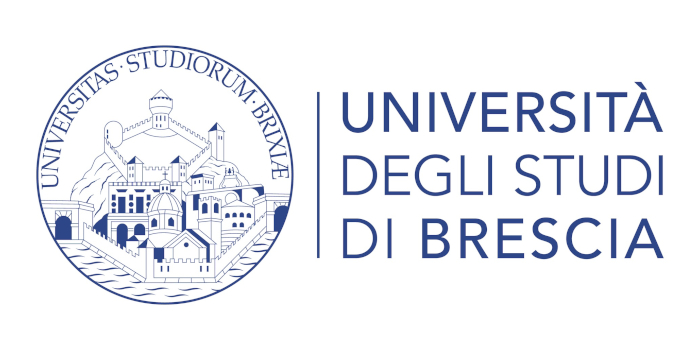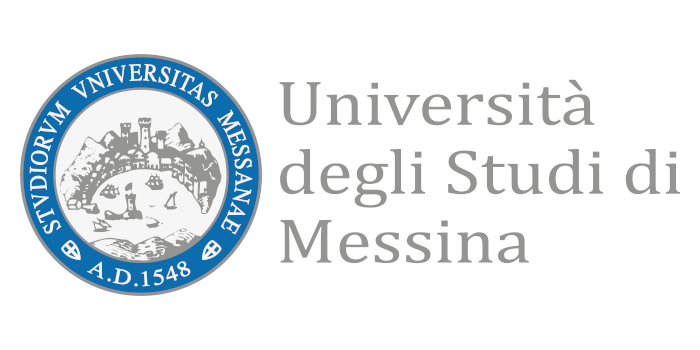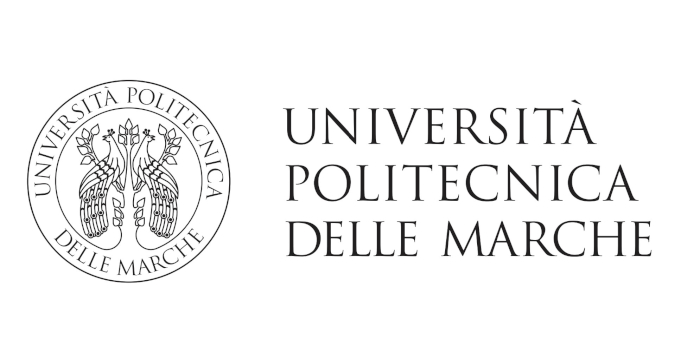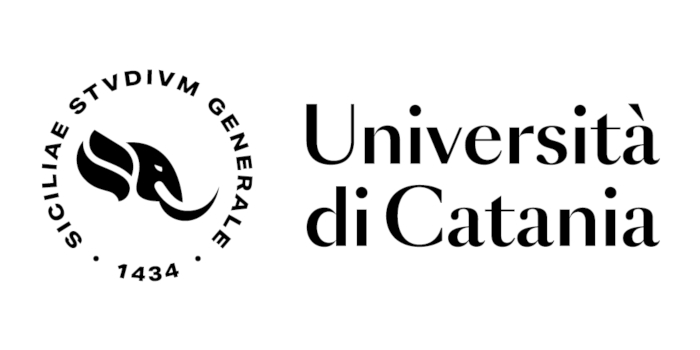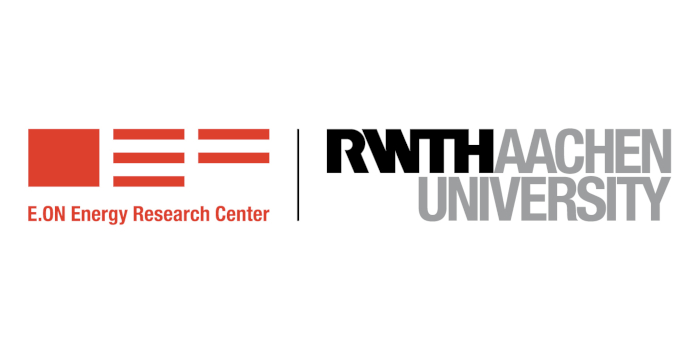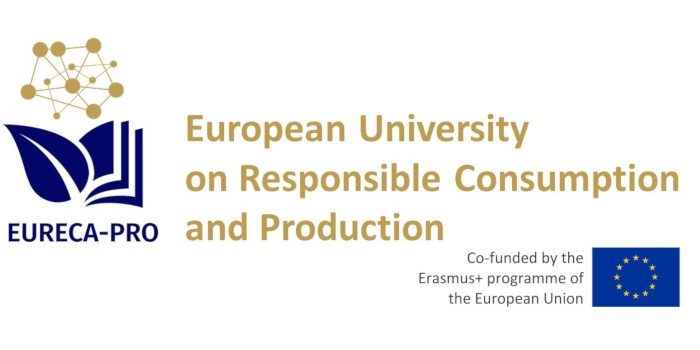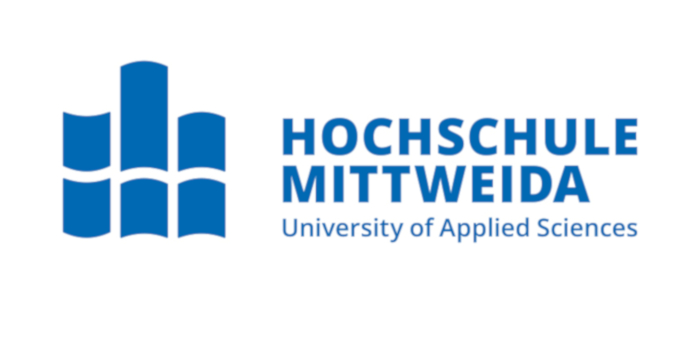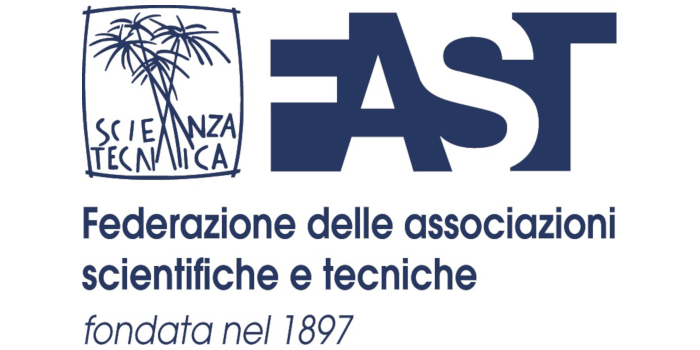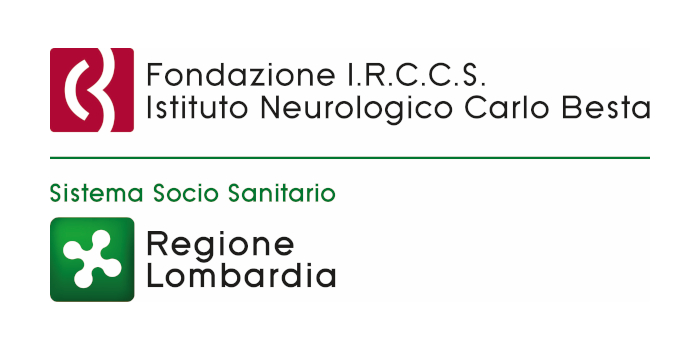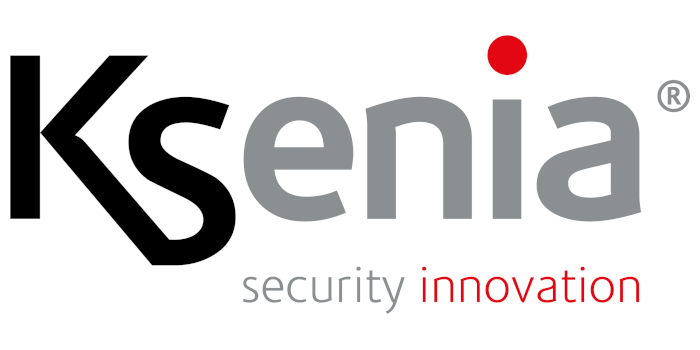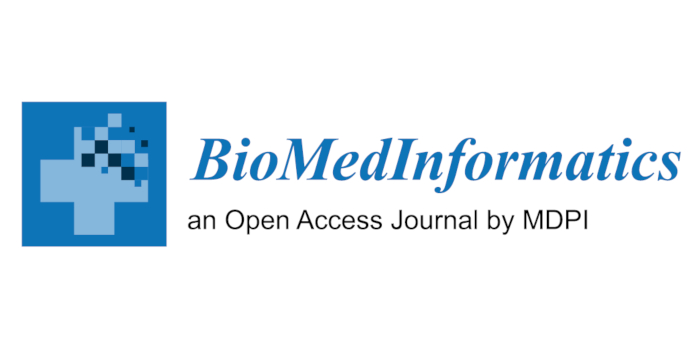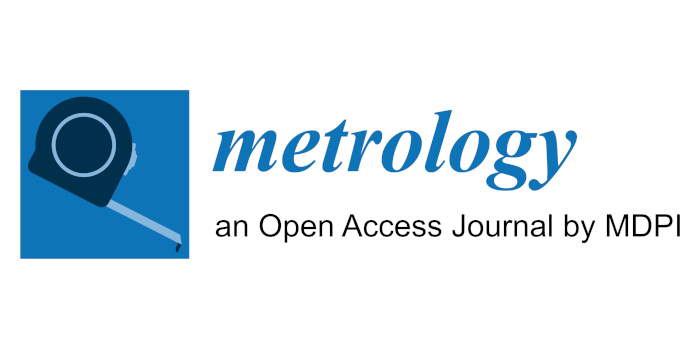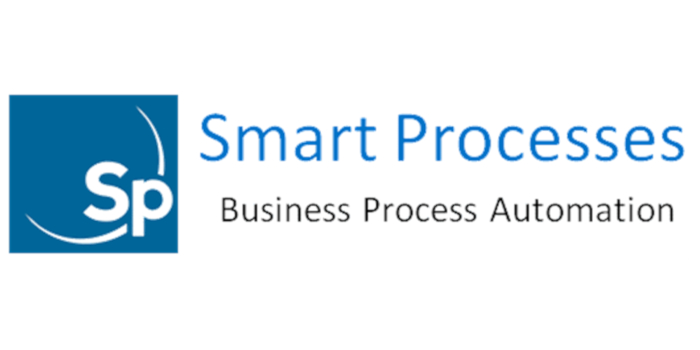SPECIAL SESSION #27
Smart service technologies for vulnerable actors
ORGANIZED BY
Cristina Mele
University of Naples Federico II, Italy
Tiziana Russo Spena
University of Naples Federico II, Italy
Kristina Heinonen
Hanken School of Economics, Finland
Angelo Ranieri
University of Naples Federico II, Italy
Irene Di Bernardo
University of Naples Federico II, Italy
ABSTRACT
The number of vulnerable individuals around the world is growing (European Commission, 2020). Transformative service research (TSR) aims to improve well-being through service provision (Ostrom et al., 2015), and some recent studies suggest that TSR should be expanded to include suffering reduction as a precursor to improved well-being (Johns and Davey, 2019). Such pain could be the result of vulnerability. In service research, vulnerability is frequently defined as disadvantaged consumers (Rosenbaum and Montoya, 2006) who experience limitations in their ability to co-create value and improve their wellbeing (Tikkanenen et al., 2023; Mele et al., 2022) and fall into a state of powerlessness (Baker et al., 2005; Brown, 2017).
More inclusive, interactive service practices may aid actors in improving their well-being, particularly if they use current digital and cognitive technologies (Odekerken-Schroder et al., 2020). Novel technology-enhanced contexts, in particular, may provide support for people experiencing vulnerabilities (Blocker and Barrios, 2015), with implications for not only the people's own actions but also those of their support network (e.g., professionals, caregivers, families). Such effects, when combined, may have an impact on people's quality of life. However, there has not been enough research into "how these technologies will influence us" (Letheren et al., 2020, p. 216), which may be informed by the debate over how to use smart technologies to innovate service provision (Wunderlich et al., 2015) and develop smart services (Gonçalves et al., 2020).
Smart technologies can now perform tasks and achieve goals that previously required human intelligence and capabilities (Kelly, 2015; Mele et al., 2020). Their promise to transform people's lives and society stems from the increased connectedness, greater computational processing, and more complex decision-making they can achieve, which typically involves massive amounts of data (Huang and Rust, 2020; Mele et al., 2021).
This special session takes a transformative, human-centered approach to smart service provision in order to provide actionable insights.
MAIN TOPICS
- AI to enhance human-robot interactions
- Intelligent automation of end-to-end service processes
- Acceptance or resistance towards technology adoption
- Role of emotions to improve lived experiences
- Positioning of AI-based technologies along service journey
- Positive or negative effects on well-being
- Anthropomorphic tendencies to improve engagement
- Methodologies or tools to design services for vulnerable people
- Service failure and recovery
ABOUT THE ORGANIZERS
Cristina Mele - Full Professor of Management and Service Innovation at the Department of Economics, Management, Institutions at University of Naples “Federico II''. She is Coordinator of the PhD course in Management. Expert in service innovation, cognitive technologies, markets, service ecosystem and value co-creation. She is the author of over 200 publications. She is Ambassador of ISSIP.org (International Society of Service Innovation Professionals). She is co-chair of the Naples Forum on Service. She is responsible for the Digital4Human (D4H) program.
Tiziana Russo Spena - Full Professor of Management at the Department of Economics, Management, Institutions at University of Naples “Federico II”. She is a member of the ReSER Management Committee and the board of directors of the University center for innovation and development of the agri-food industry of the University of Naples “Federico II”. She is the author of over 140 publications. She is responsible for the Digital4Human (D4H) program. She is scientific coordinator of the DEMI Smart Innovation Lab.
Kristina Heinonen - Full Professor of Service and Relationship Marketing, Department of Marketing, Hanken School of Economics, Helsinki, Finland. She is the director of the Centre for Relationship Marketing and Service Management (CERS) at Hanken. Heinonen's research focuses on value creation, service innovation, social media, customer experience, transformative service, and customer-dominant logic (CDL).
Angelo Ranieri - Research fellowship in Management at the Department of Economics, Management, Institutions of the University of Naples Federico II. His research topics converge on the study of service innovation thanks to the use of new technologies, such as service robots, conversational agents and the blockchain.
Irene Di Bernardo - PhD candidate in Management at the Department of Economics, Management, Institutions of the University of Naples Federico II. Her research interests converge on the study of how smart service technologies improve human well-being and transform the human experience.







